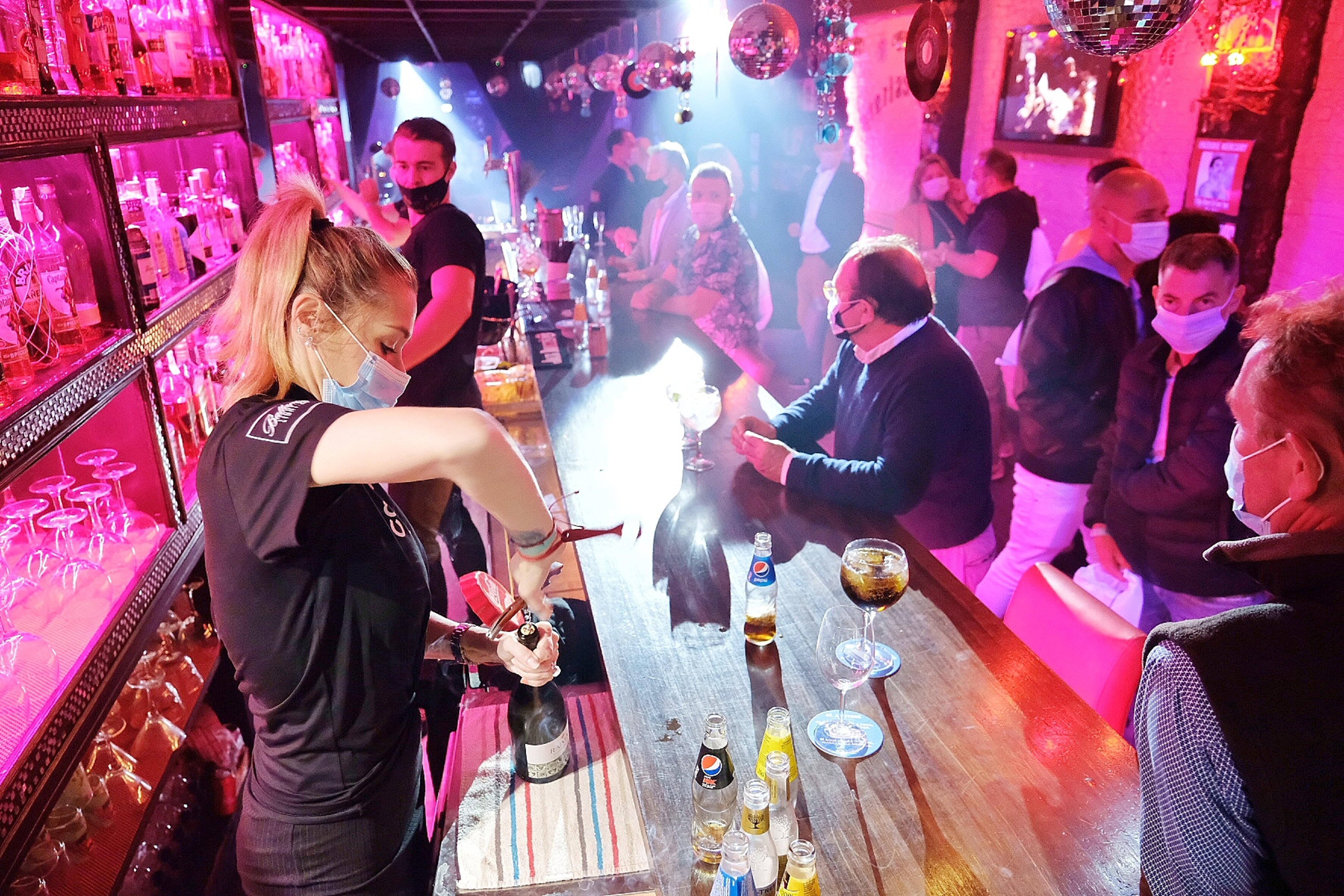It was news that was expected. Expected soon, even. But now it has an official date: the Catalan government has given the green light for the nightlife sector to reopen on February 11th, without any capacity restrictions or time limitations remaining. The use of the Covid certificate will not be necessary either, as confirmed by government spokesperson Patrícia Plaja. The path to this point has led the nightlife employers group, Fecasarm, to oppose the seemingly interminable restrictions to the point of taking them to court. Business in the sector were at the end of their tethers. In fact, the Catalan High Court (TSJC) denied the immediate reopening of nightlife requested by Fecasarm for this very weekend. The court gave until this Tuesday morning at 10am for the Catalan government to present arguments against Fecasarm's appeal and thus oppose the reopening. The judges did not grant the urgent interim measures - allowing them to order a reopening without even hearing the Catalan government's view - and they still have before them the 'ordinary' interim measures, taking into account the Catalan health authorities' version. However, it now seems that the issue has been put to rights by today's announcement from the government.
Fecasarm was insistent over opening
The sector's appeal and request for immediate reopening were based mainly on the defendants' own arguments, since the Catalan Public Health Agency, in a report dated 31st August 2021, had already acknowledged that without an organized nightlife sector being open, and without any limits on the right of assembly for the public, it was likely that private parties and street botellots would proliferate, activities that the agency itself described as "virus superspreaders". Thus, Fecasarm argued reasons of public health and safety to demand the immediate reopening of legal nightclubs as keeping them closed is counterproductive because, with no legal and organized alternative, more boozing in the street and more private parties without any health or safety measures were likely - and with those, there was higher incidence of infections as well as greater tendency towards vandalism and street crime.
Massive financial losses
There are currently 36,000 people who depend on the Catalan nightlife sector for employment. And with most of these people having been 'on hold' for almost two years, businesses have brought down their roller blinds - but the costs go on. ElNacional.cat spoke to nightlife entrepreneur, Verónica Martínez, who gave us some figures: "I have been paying approximately 60,000 euros a month with doors closed, but I don't want to end my dream. Adding up electricity, taxes, rents, etc. We have received assistance, obviously, but it doesn't reach even 10% of our expenses today."
Many would-be nightlife clients who have been replacing these meeting points with street botellots are also demanding reopening: "There's nowhere where you can drink. I'm not saying vodka, just something more moderate like a glass of cava. It's all very boring, we've come to Barcelona for a friend's birthday and we are staying inside the hotel all day. Yes, Covid-19 is a problem but I don't know if we are really safe here", John from Lithuania explained to this newspaper.

